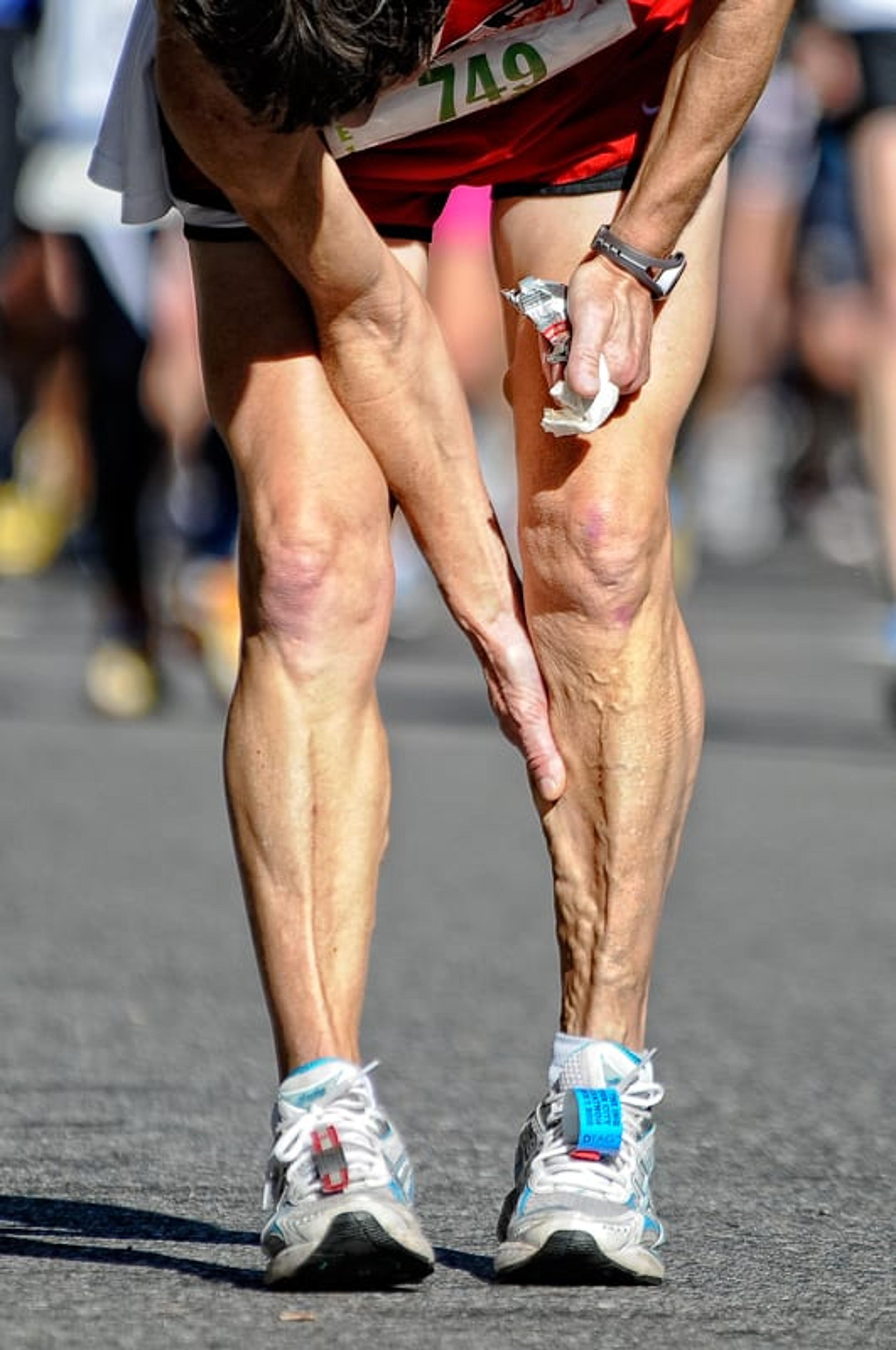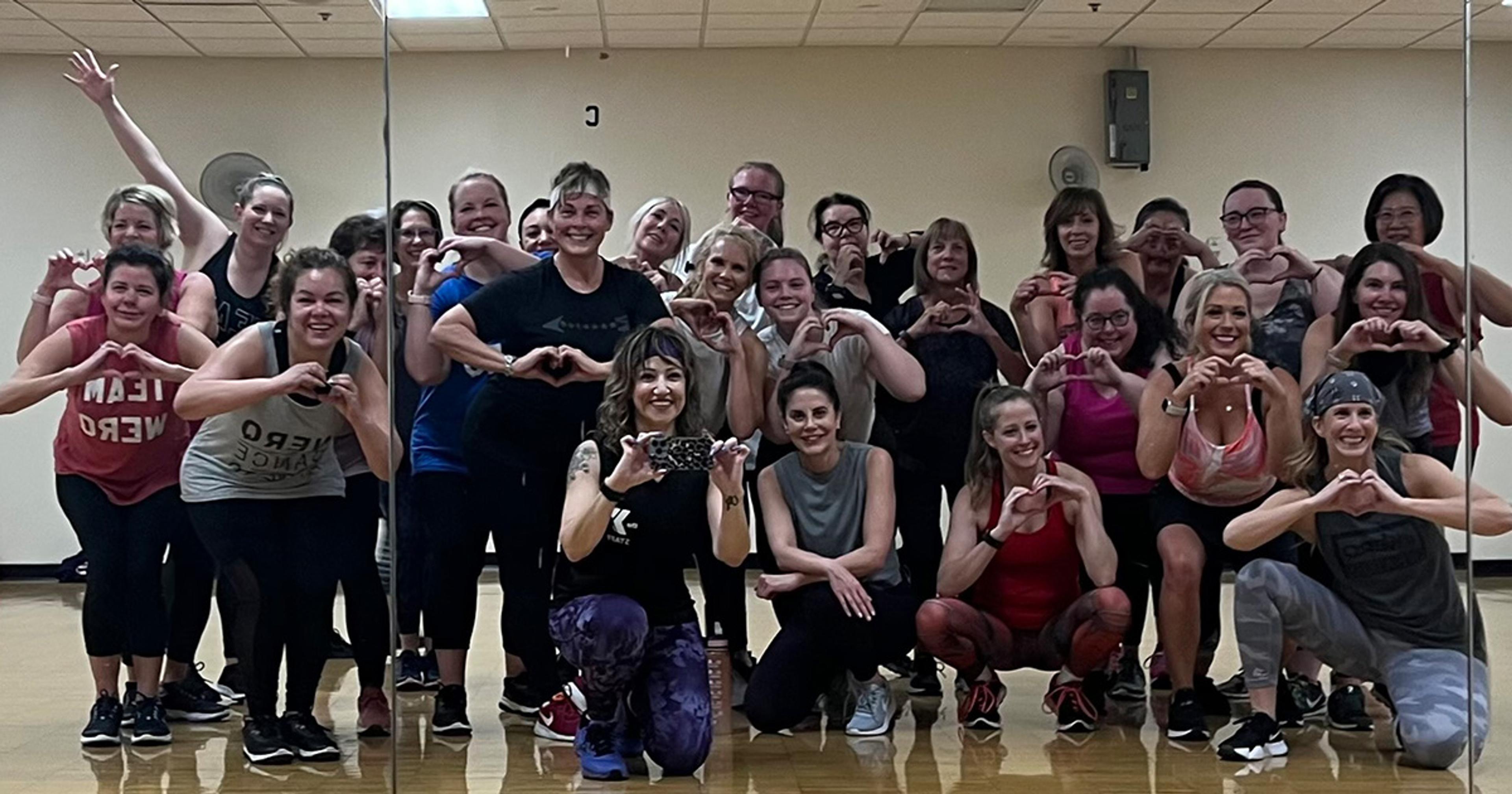Give Painful Foot and Leg Cramps the Boot
| 2 min read

Foot and leg cramps can seemingly strike at any moment: in the middle of a run, while swimming or even when you’re just relaxing on the couch. And they happen to almost everyone. It’s estimated that these painful muscle spasms will hit about 95 percent of the population at one time or another.
While they aren’t typically serious or impact your long-term health, the sudden, shooting pain can be excruciating in the moment. They can also be frustrating to the sufferer, as they seemingly occur for no reason whatsoever.
But even though it seems like there’s no rhyme or reason to them, there are a few factors that can lead to the onset of a cramp. Dehydration, and the ensuing loss of electrolytes, is one of the most common. Overuse or extended stress on your feet and legs, whether throughout the day or during exercise, can also put you at risk. And you may experience cramps more often as you get older. As muscle mass decreases with age, it becomes easier for muscles to become overstressed.
But knowing why they happen won’t help you in the moment. What can you do if one hits? There are some quick ways to treat cramps as soon as they start:
- Stretch: For calf and foot cramps, lie down on your back on the floor and straighten your leg. Reach down and pull back the toes to lengthen the cramping muscle.
- Drink water: Replenishing your fluids ASAP will help raise your electrolyte levels and alleviate cramps caused by dehydration.
- Apply heat: For foot cramps, using a heating pad or soaking your foot in hot water can relax the muscle spasm.
- Massage the muscle: Manually extending the contracting muscle can help resolve the issue. In a pinch for foot cramps, try rolling a golf ball under your foot.
- Eat a banana: Eating foods high in minerals like potassium can quickly balance your sodium and electrolyte levels, which can help stop recurring cramps associated with an imbalanced diet.
Photo credit: Randy Lemoine





